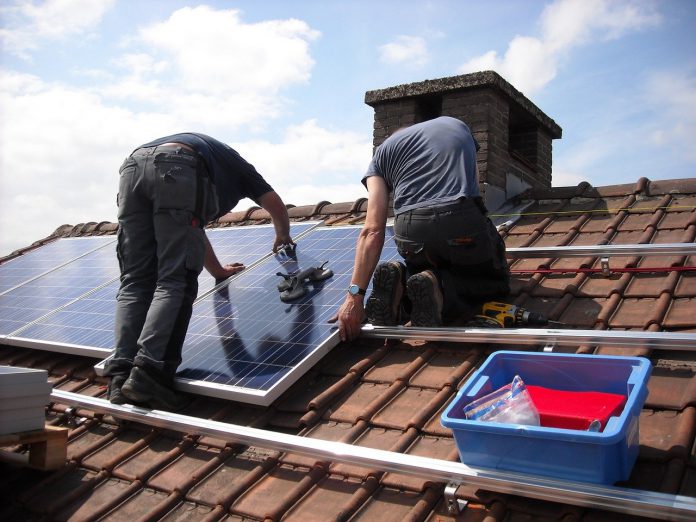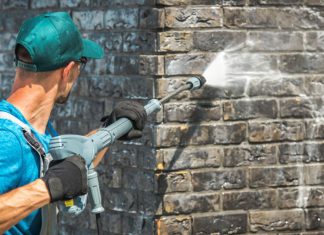Are you looking forward to reducing your electric bills or searching for clean energy? Installing solar panels from roohome.com will help you generate electricity from sunlight, which will be a good investment in the long term. Many people try to think of the cost of installing solar panels in the short term, forgetting about the long-term benefits. The initial price can be pretty high; however, you begin to enjoy free energy when you’ve installed the system.
The Average Cost of Solar Installation
Solar panels can minimize your overall spending on energy, but there are upfront costs to look at. Averagely, it will cost about $3.05 per watt to install solar panels in the U.S., according to EnergySage. The average system size totals about 6 kilowatts, which translates to 6,000 watts. So, it will cost around $12,810 to install a solar panel system. As technology gets more advanced, the cost of panels continues to fall. Besides, solar tax credit (ITC) subtracts up to 30 percent of the entire cost. For our readers in Australia, consider reaching out to the best solar installers Sydney, for detailed information about the cost of installation in your area.
What Impacts Solar Panel Costs?
Many things will influence the cost of solar panel installation, including the system size and quality. A large solar panel will cost more, but this doesn’t necessarily mean that you will save big with a large panel. The quality of the panels and the accessory equipment and hardware you use may boost its performance. So, you need to optimize the system’s efficiency by looking at the build of the roof, the amount of energy you use, and the local weather conditions. Other things that will affect the cost of solar energy are labor, type of home, and location.
Is Solar Energy Cheaper than Electricity?
On average, an American household spent about $124.47 every month on electricity as of 2019. Although solar panels demand upfront investment, they can save homeowners money in the long term. When you install the system, you cut the cost of electricity in your home. Electricity is among the priciest utility expenses homeowners incur every month.
To help determine how much you are saving from solar panels, you need to examine several things. Look at the number of hours your panel receives direct sunlight every day and the size of the solar panel array. The conditions of the roof will also help you determine the savings.
If you spend more on electricity, it means that you are likely to benefit more from installing solar panels. The typical lifespan of a solar system is about 25 years. So you want to look at your installation cost and the incentives you get, including the tax credit. Also, look at your electricity cost for the next 25 years, and see if you will save money by installing solar. In most cases, yes, you will save money.
How long it will take before you begin to see the savings on energy will be based on various factors. It may take about seven to eight years before you can break even. Sometimes, it may take less or even more time depending on the household’s energy use, the upfront price paid, and the energy the solar system generates.












